Elective Areas of the Practical Master's Modules

At the beginning, you choose three areas to focus on. Within these three areas, you select two research modules (four-week, graded internships with lectures) and one project module (four-week, ungraded internship). As they are completed individually, the project modules are arranged individually with the respective providers. The research modules are completed in fixed blocks offered, whereby the module selection before the start of the semester determines the allocation of places on the respective research modules.
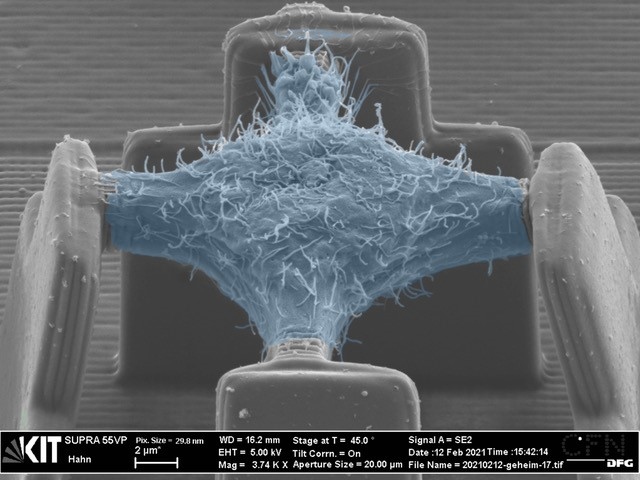
Life Science Engineering (LSE) sees itself as an interface between the life sciences and engineering sciences with the aim of making innovative findings from the life sciences technically usable.
Elective Area Life Science Engineering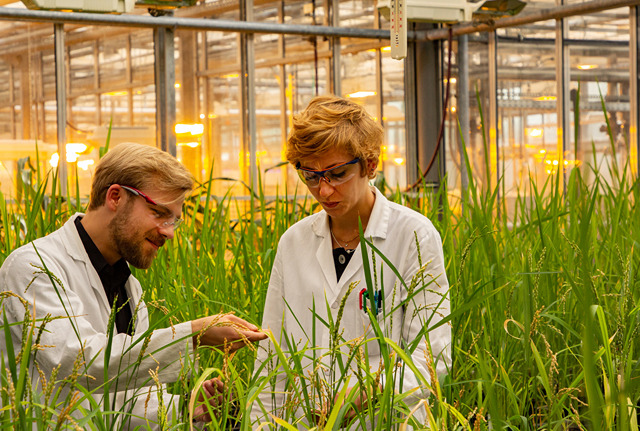
Whether plant biochemistry, CRISPR/Cas, phytochrome research, applied biodiversity or plant stress, you can contribute to current research in every area.
Elective Area Botany
The module canon offers a diverse range in the zoological field - with modules such as neurodevelopmental biology, pathophysiology and signal transduction.
Elective Area Zoology
With genetic engineering, plant pathogen research, food toxicology and biotechnology, the Institute of Applied Biosciences offers a broad spectrum in the field of microbiology.
Elective Area Microbiology
Genetic engineering, methods of developmental genetics, applied plant genetics, genetics of eukaryotes - nowadays no biologist can do without genetics.
Elective Area Genetics
Molecular biology is one of the most frequently chosen fields - its modules impart fundamental knowledge that is indispensable in almost all biological disciplines.
Elective Area Molecular Biology
The cell biology modules provide research-oriented insights into cellular processes using microscopic and molecular biological methods.
Elective Area Cell Biology
From the individual cell to the complete organism: how do differentiation and development work? These questions are addressed in the modules of the Developmental Biology section.
Elective Area Developmental Biology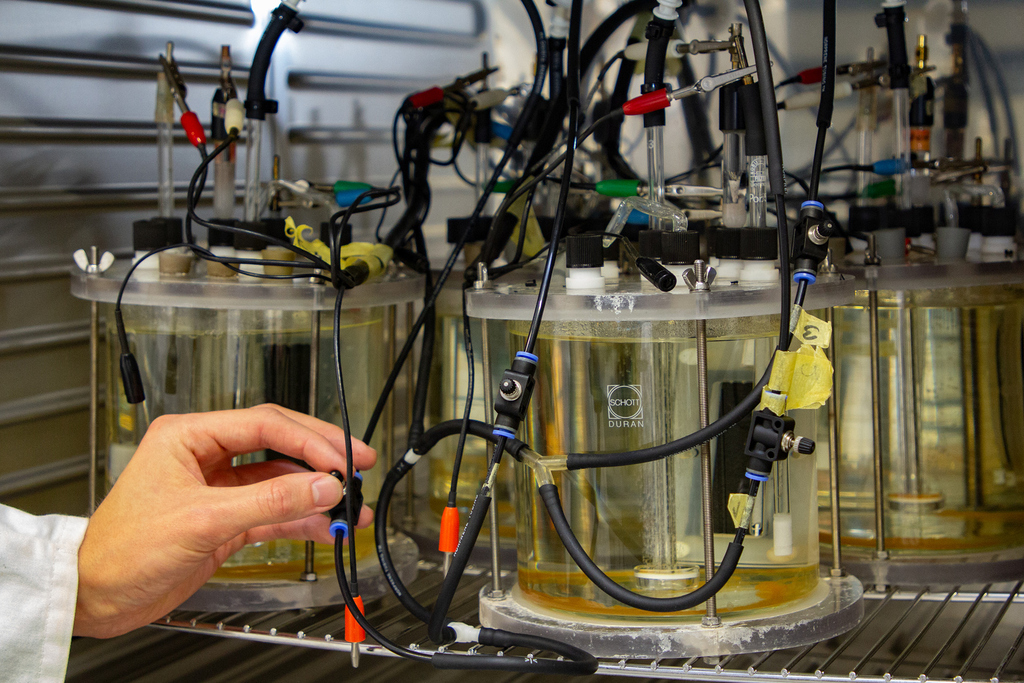
In the field of biotechnology, interdisciplinary issues are researched in order to apply fundamental findings in technical terms. With its technical focus, the KIT offers very good opportunities to put these approaches into practice.
Elective Area Biotechnology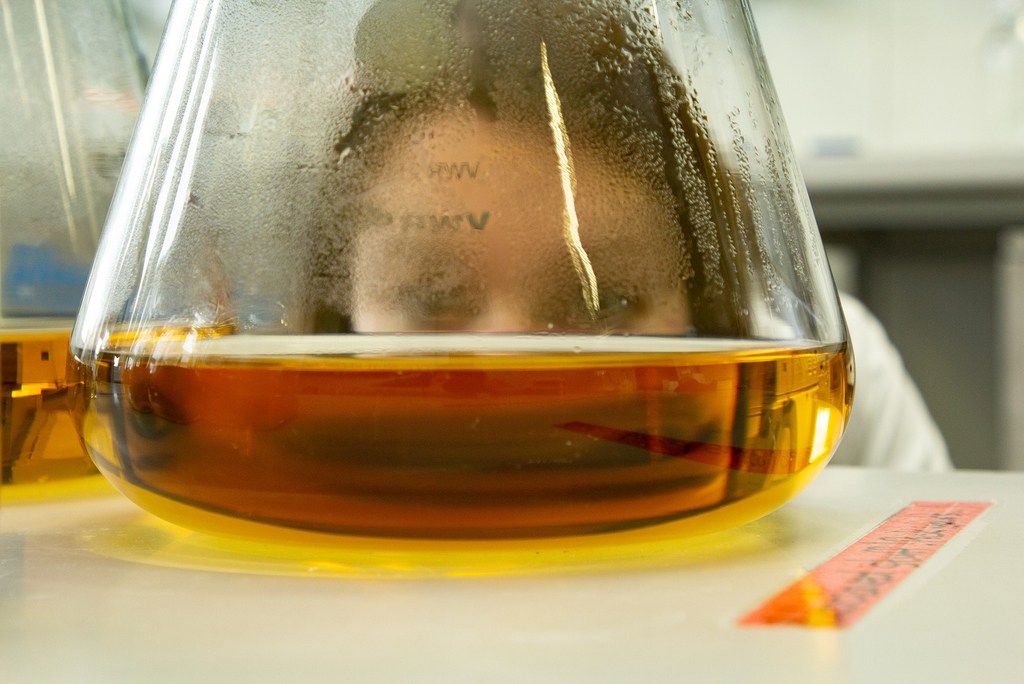
Biochemistry includes interdisciplinary modules such as biomolecular microanalysis, phenomics and chemomics as well as tissue engineering and 3D cell culture. The longitudinal subject of the same name, Biochemistry, is offered by AG Ulrich at the Institute of Organic Chemistry and runs over the entire summer semester.
Elective Area Biochemistry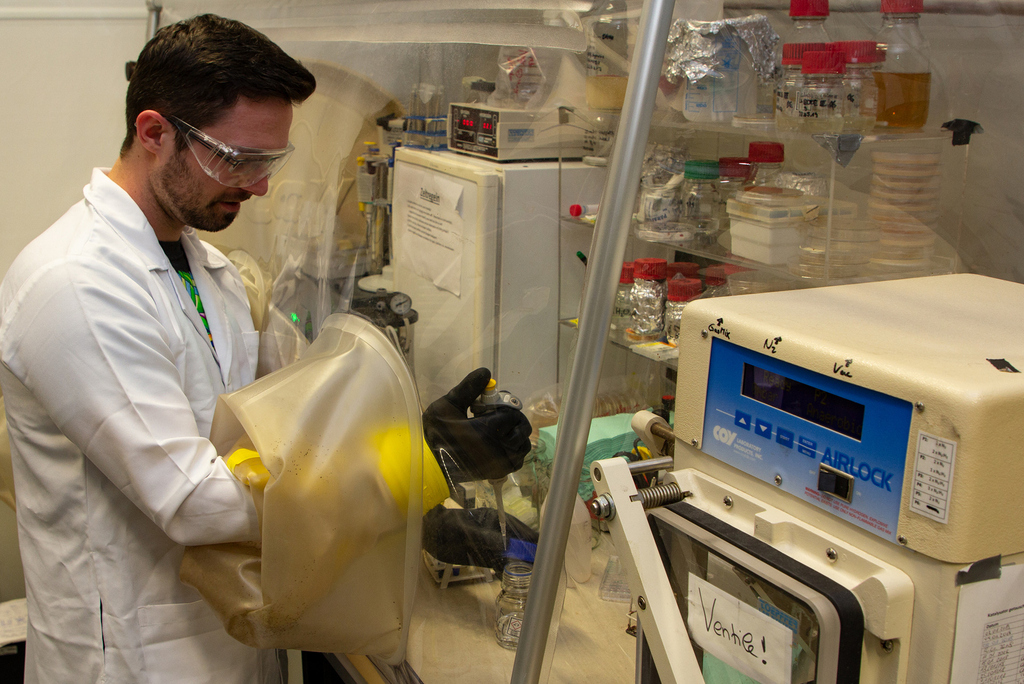
The Technical Biology elective area is offered by our sister faculty Bioengineering and comprises a longitudinal subject that spans the entire summer semester.
Elective Area Technical Biology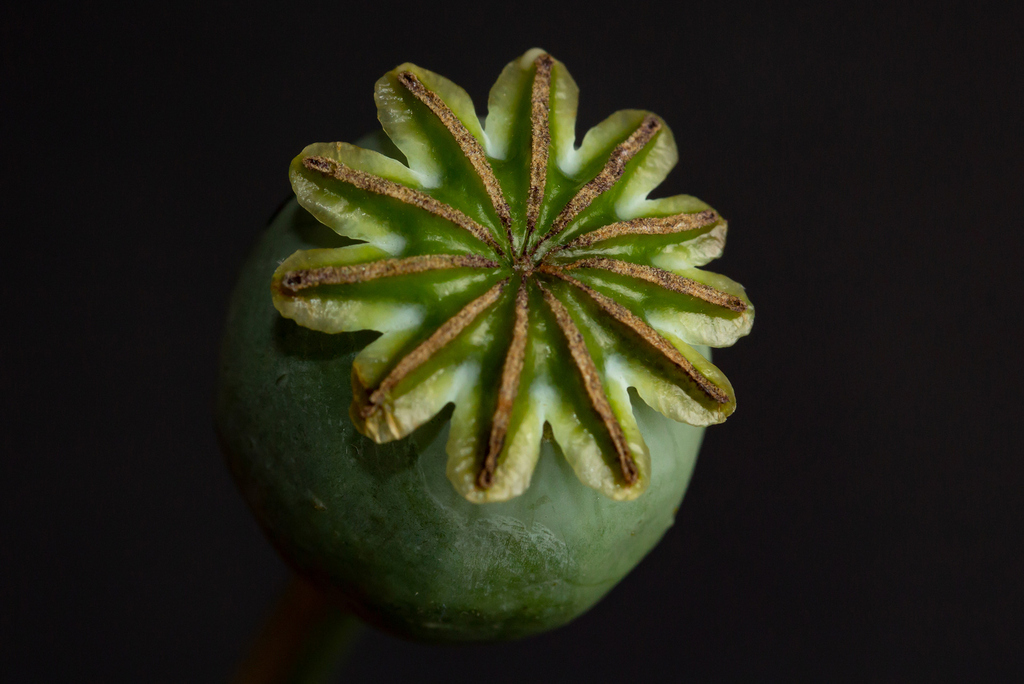
The 12-week longitudinal subject Toxicology of the elective area of the same name is offered by the Department of Food Chemistry and Toxicology at the Institute of Applied Biosciences.
Elective Area Toxicology
Would you like to transfer your previously acquired knowledge to ecosystems?
In cooperation with our sister faculty Geoecology, you have the opportunity to specialize in this area.
